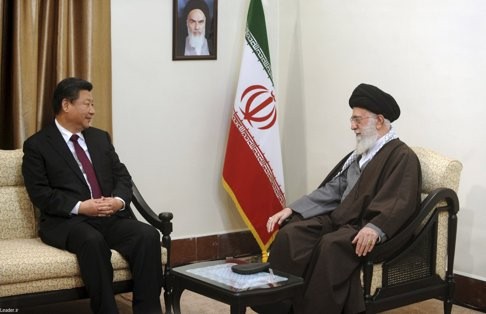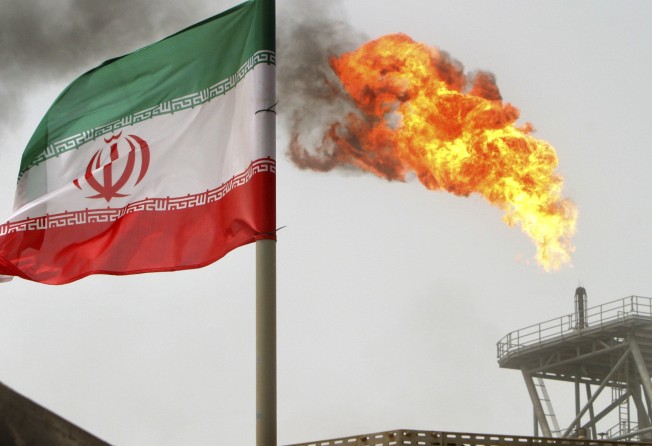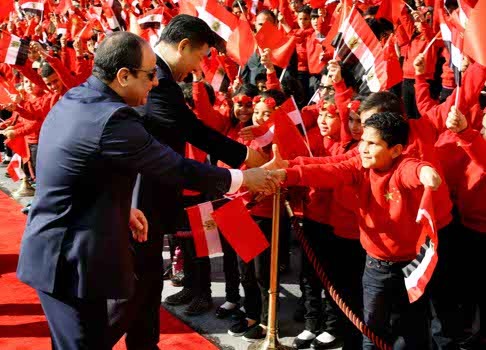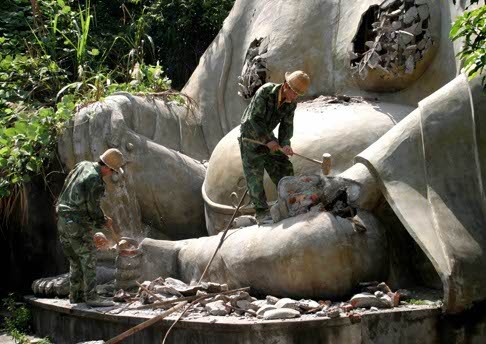
China’s Silk Road ventures carry financial risks as well as political rewards
Cary Huang says “One Belt, One Road” may be a largely sensible strategy for China’s government but making investments in unstable regions clearly has its dangers

President Xi Jinping’s ( 習近平 ) “One Belt, One Road” programme could be thought of as “killing three birds with one stone”.
Economically, the initiative aims to help Chinese companies explore overseas markets along the ancient trade route that linked the Middle Kingdom with the larger part of Eurasia, formally established during the Han dynasty. The programme is also an effort to tackle overcapacity in many industries at home, nurture domestic structural reform and boost growth.
Politically, China needs true friends and political allies to offset its ideological isolation in a post-cold-war world, following the demise of socialism in the early 1990s. Beijing wants to resume its leadership status in the developing world through reviving the once widely known non-aligned movement.

Beijing has dramatically scaled up its loan book to foreign nations
Armed with more than US$3 trillion in foreign reserves, Beijing has dramatically scaled up its loan book to foreign nations, mostly developing economies that are largely ignored by international investors and Western lenders.
Xi’s recent whirlwind trip to Iran, Saudi Arabia and Egypt was one such mission: his aim, to rebuild the “Silk Road” routes while also seeking to promote China’s image and influence as a global power.
But such a massive spending spree in politically unstable regions has raised questions about the potential risks for this investment.
Right now, Beijing’s relationship with most Silk Road countries, from Central Asia to the Middle East, is largely defined by its energy imports, as China gets more than half its crude oil from the region. However, oil can be bought with cash anywhere in peacetime.

In economics, the philosophy of investment is about the trade-off between risk and return, which is not necessarily what political leaders are good at.
Few investors will choose to gamble in politically unstable environments where governance and rule of law are weak
In many ways, “One Belt, One Road” resembles the 4 trillion yuan (HK$4.7 trillion) stimulus package launched in 2008; it is another political project that will be dominated by state-led investment, rather than private, as few investors will choose to gamble in politically unstable environments where governance and rule of law are weak and infrastructure is lacking. That is why patriotic Hong Kong billionaire Li Ka-shing chose to invest heavily in Britain and Canada rather than nations along the belt and road, despite the government’s call to support such projects.
Politically, such investments won’t help the atheist Communist-ruled nation win the hearts and minds of people from countries where religion dominates. China’s regular and often harsh repression of any belief other than communism – from Christianity and Islam to Buddhism and the home-grown, quasi-religious Falun Gong – makes it difficult to forge close relations with countries where religion is an integral part of ideology, culture, politics and everyday life.

So, the higher risk does not guarantee higher returns. Worse, if Beijing attaches too much political and diplomatic significance to such projects, there is a danger that it will see little return on its investment, or even lose money.
Cary Huang is a senior writer at the Post